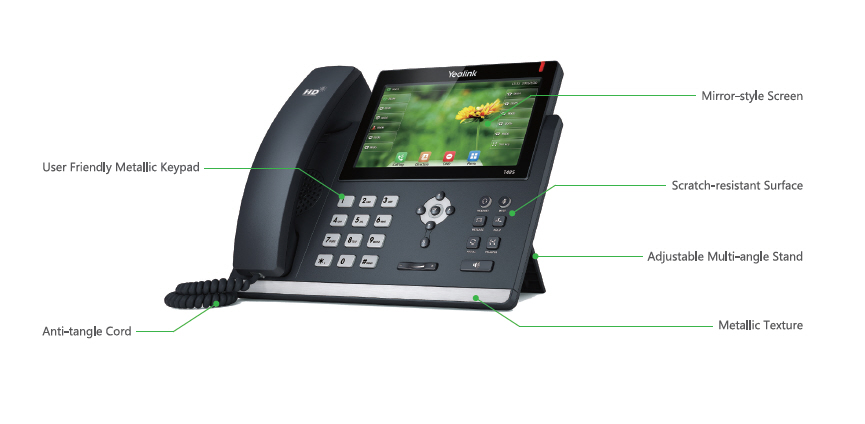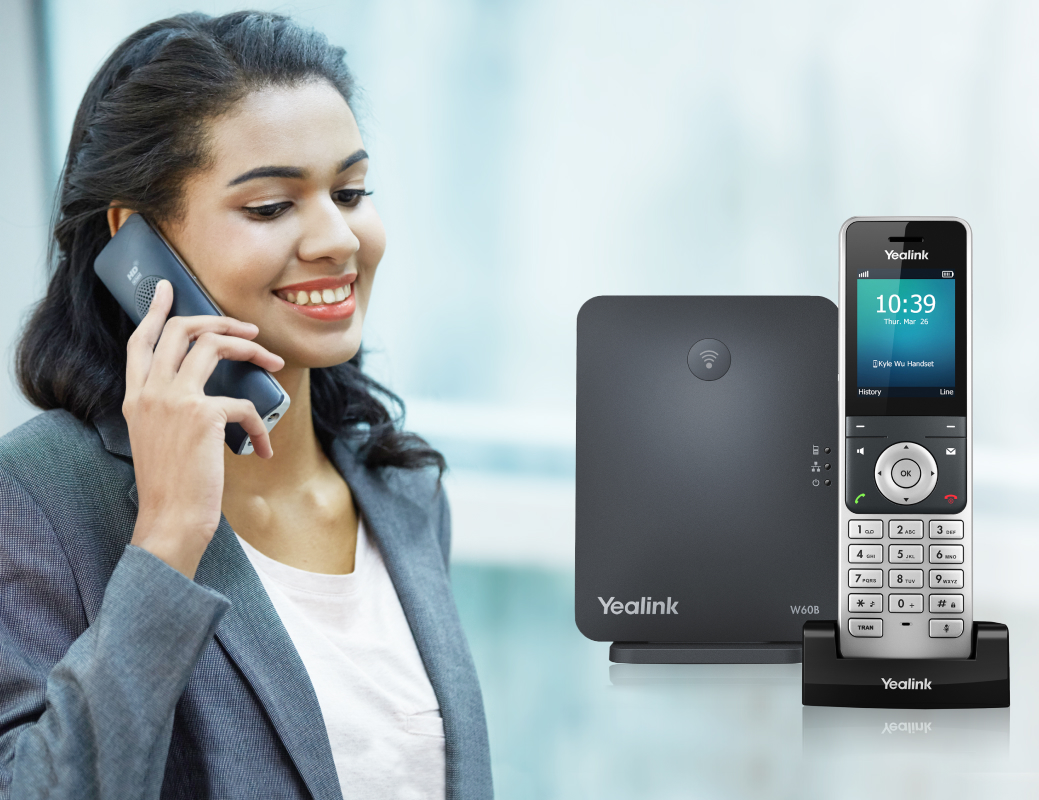Introduction
In today's fast-paced business world, staying connected is not just an option; it's a necessity. With the rise of remote work and global teams, companies are searching for communication solutions that are both flexible and cost-effective. Enter Voice over Internet Protocol (VoIP) phone systems. As modern businesses pivot away from traditional Private Branch Exchange (PBX) systems, they increasingly adopt VoIP technology. This article explores the many reasons why modern businesses are choosing VoIP over traditional PBX, delving into features, benefits, and the transformative potential of these systems.
What is a VoIP Phone System?
Understanding VoIP
Voice over Internet Protocol (VoIP) refers to a methodology that allows voice communication and multimedia sessions over Internet Protocol (IP) networks. Unlike traditional telephony systems that rely on physical lines, VoIP uses broadband connections to transmit calls digitally.
The Mechanics of VoIP Phone Systems
A VoIP phone system converts analog voice signals into digital packets and transmits them via the internet. This innovative approach enables various functionalities such as video conferencing, voicemail to email, and call forwarding—all wrapped in one service.

Why Modern Businesses Are Choosing VoIP Over Traditional PBX

Cost-Effectiveness
One of the most compelling reasons businesses are switching to VoIP is cost savings. Traditional PBX systems require significant upfront investments for hardware and installation. In contrast, VoIP phone systems typically come with lower start-up costs and reduced monthly bills due to cheaper long-distance calling rates.
Scalability
As businesses grow, so do their communication needs. Scaling a traditional PBX system often involves purchasing additional hardware or upgrading existing infrastructure—both of which can be costly and time-consuming. VoIP services offer unparalleled scalability; adding new lines or features can often be done within a few clicks on a dashboard.
Flexibility and Mobility
In our increasingly mobile world, flexibility in communication has become essential. A VoIP phone enables users to make and receive calls from any device—be it a smartphone, laptop, or desk phone—as long as there is an internet connection available. This mobility facilitates remote work arrangements and ensures employees can stay connected even when they're away from the office.
Features of VoIP Phone Systems That Attract Businesses
Advanced Call Features
Businesses benefit from advanced calling features that may not be available with traditional PBX systems:
- Call routing Auto-attendant Conference calling Video conferencing
These features enhance productivity by streamlining communication processes.
Integration Capabilities
Modern organizations often utilize multiple software https://pastelink.net/1kr78j0o tools for operations—from customer relationship management (CRM) to project management applications. Many VoIP phone systems integrate seamlessly with popular applications like Salesforce or Slack, creating a unified communication environment.
Security in VoIP: A Common Concern
Addressing Security Issues
While some may worry about the security of internet-based communication, reputable VoIP providers implement robust security measures such as encryption protocols and firewalls to protect sensitive information.
Regulatory Compliance
For industries that must adhere to strict regulations regarding data protection (such as healthcare), choosing a reliable VoIP provider can ensure compliance with laws like HIPAA or GDPR through proper data handling practices.
Advantages of Switching to VoIP
Improved Call Quality
VoIP technology has matured significantly over the years. High-speed internet connections have made it possible for many businesses to experience superior call quality compared to traditional landlines.
Enhanced Customer Experience
Many customers today expect immediate responses when reaching out for support or inquiries. With features like call queuing and automated responses built into many VoIP phone systems, businesses can provide faster service than ever before.
Disadvantages of Traditional PBX Systems
High Maintenance Costs
Traditional PBX requires ongoing maintenance that can strain budgets over time. From hardware repairs to software updates, these hidden costs can add up quickly.
Limited Features
Traditional phone systems often lack many of the advanced features found in modern VoIP solutions. Businesses relying on older technology may miss out on functionalities that enhance productivity and improve customer interactions.
Making the Transition: Steps for Implementation

Assessing Your Needs
Before making any changes, it’s crucial for organizations to assess their specific communication requirements. Consider factors such as team size, existing technologies, budget constraints, and desired features when planning your transition.
Choosing the Right Provider
Not all VoIP phone systems are created equal; therefore selecting a provider who aligns with your business goals is vital. Look for reviews, customer service performance metrics, pricing transparency, scalability options, and feature sets during your research phase.
FAQs About VoIP Phone Systems
What is the primary difference between VoIP and traditional telephony?- The main difference lies in how calls are transmitted; while traditional telephony uses physical wiring through PSTN (Public Switched Telephone Network), VoIP utilizes internet connectivity for call transmission.
- Yes! A stable high-speed internet connection is essential for optimal call quality and reliability when using a VoIP phone system.
- Most providers offer number porting services that allow you to retain your current telephone number when transitioning to a new VoIP solution.
- While most reputable providers disclose their pricing upfront, it's wise to review contracts carefully for potential hidden charges related to equipment rentals or additional services.
- Absolutely! Many modern VoIP phone systems provide mobile apps allowing you to make calls directly from your smartphone using your business number.
- If your internet connection fails but you need continuity in communications, some providers offer backup solutions such as cellular failover options or forwarding calls directly to mobile phones.
Conclusion
As we navigate an era characterized by rapid technological advancement and shifting workplace dynamics, it's clear that modern businesses increasingly prefer flexibility without sacrificing functionality—hence their gravitation towards VoIP technology over traditional PBX systems. With undeniable advantages ranging from cost-effectiveness to enhanced mobility capabilities coupled with advanced features designed specifically for today’s intricate business needs—it's no surprise why organizations worldwide recognize this transition’s significance in ensuring sustainable growth moving forward!
In summary: If you're contemplating whether making this switch might be right for your company—it likely is! Embrace innovation; take advantage of everything these cutting-edge solutions offer—and watch as they transform not just how you communicate—but also how effectively you operate within an evolving marketplace!